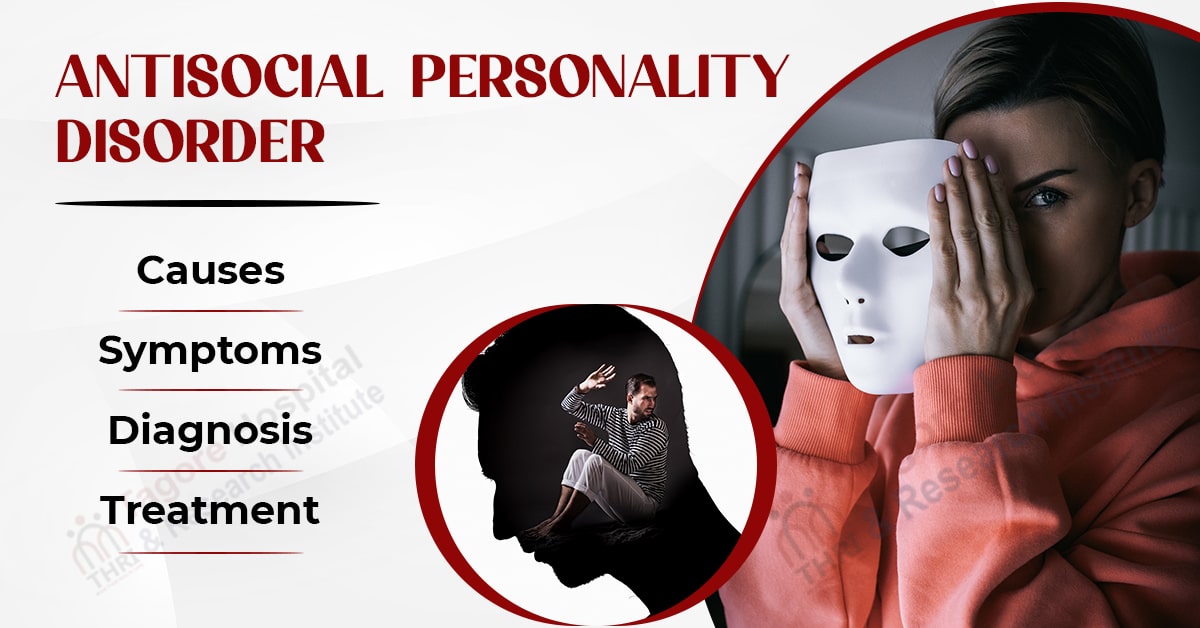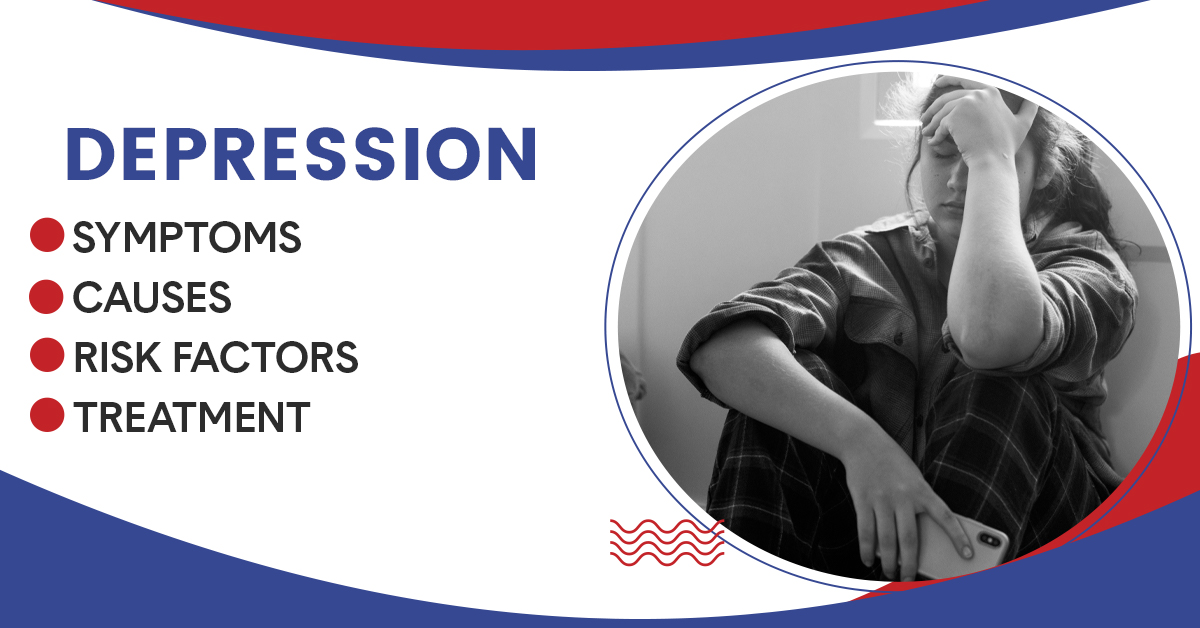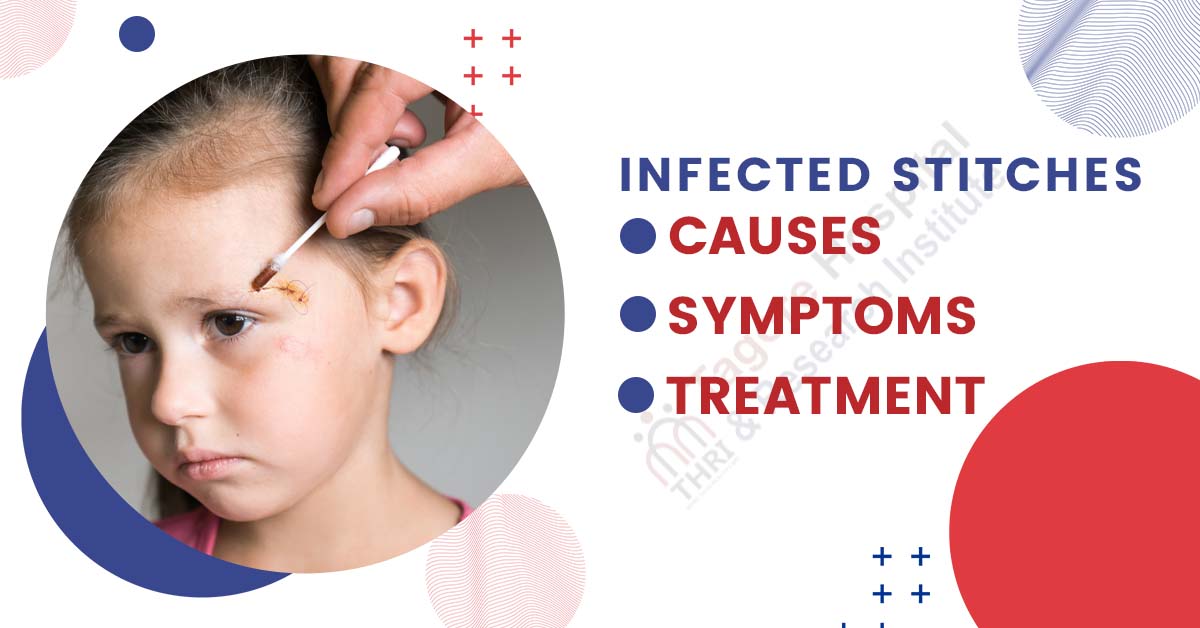- By Tagore Admin
- Posted December 21, 2023
A mental illness known as antisocial personality disorder results in harmful behaviors that are carried out without regret. A person may be aggressive, manipulative, careless, or disrespectful to other people. There are options for treatment to assist in controlling unhealthy beliefs and actions.
What is Antisocial Personality Disorder?
Antisocial Personality Disorder (ASPD) is a mental health condition characterized by a persistent pattern of disregard for the rights of others, deceitfulness, impulsivity, irritability, aggression, lack of remorse, and a lack of empathy.
Individuals with ASPD often engage in behavior that violates social norms and legal boundaries, and they may have a history of conduct problems starting in childhood. It is important to note that the diagnosis of ASPD should be made by a qualified mental health professional based on a thorough assessment of an individual's behavior and history.
Symptoms of Antisocial Personality Disorder
Antisocial Personality Disorder (ASPD) is characterized by a pervasive pattern of disregard for the rights of others and a lack of empathy. The diagnostic criteria for ASPD, as outlined in the DSM-5 (Diagnostic and Statistical Manual of Mental Disorders, Fifth Edition), include the following symptoms:
● Failure to Conform to Social Norms: Consistently engaging in behavior that violates societal rules and norms, leading to legal problems.
● Impulsivity: Acting on the spur of the moment without considering the potential consequences.
● Irritability and Aggressiveness: Frequent physical fights or assaults, as well as a persistent pattern of verbal aggression.
● Reckless Disregard for Safety: Disregard for the safety of oneself or others, demonstrated by reckless behavior without concern for the consequences.
● Consistent Irresponsibility: Persistent failure to honor financial or work obligations, leading to repeated job losses or financial instability.
● Lack of Remorse: Lack of remorse or guilt for having harmed others. Even if caught, the person may show little concern or regret.
● Lack of Empathy: A general lack of concern for the feelings, needs, or suffering of others.
You can read also:- Avoidant Personality Disorder: Causes, Symptoms, Diagnosis and Treatment
Causes of Antisocial Personality Disorder
The exact causes of Antisocial Personality Disorder (ASPD) are not fully understood, and a combination of genetic, biological, and environmental factors likely contribute to its development. In short, some potential factors associated with the development of ASPD include:
● Genetics: There is evidence that genetic factors play a role in the predisposition to antisocial behavior. Individuals with a family history of antisocial behavior or other personality disorders may be at a higher risk.
● Biological Factors: Abnormalities in brain structure and function, particularly in areas related to impulse control and emotional regulation, may contribute to the development of ASPD.
● Environmental Factors: Early life experiences, such as exposure to trauma, abuse, or inconsistent parenting, can contribute to the development of antisocial behavior. Growing up in a chaotic or dysfunctional family environment may increase the risk.
● Neurodevelopmental Factors: Some research suggests that disruptions in early brain development or neurodevelopmental factors may contribute to the risk of developing antisocial traits.
● Psychosocial Factors: Social and environmental influences, such as peer relationships and the presence of deviant role models, can contribute to the development of antisocial behavior.
Diagnosis of Antisocial Personality Disorder
The diagnosis of Antisocial Personality Disorder (ASPD) is typically made by a qualified mental health professional based on a comprehensive assessment. The process involves gathering information about the individual's symptoms, behavior, and history. Here are the key steps involved in the diagnosis of ASPD:
● Clinical Interview: A mental health professional conducts a thorough clinical interview to gather information about the individual's current symptoms, behaviors, and life history. This may involve discussing relationships, work history, legal issues, and family background.
● Diagnostic Criteria: The clinician refers to the criteria outlined in the Diagnostic and Statistical Manual of Mental Disorders (DSM-5), which provides a set of criteria for diagnosing mental disorders, including ASPD. The individual must meet specific criteria related to persistent patterns of antisocial behavior.
● Assessment Tools: Various standardized assessment tools and questionnaires may be used to gather additional information and to help quantify and evaluate specific symptoms. These tools can provide a more objective measure of certain traits and behaviors.
● Review of Medical History: The clinician may review the individual's medical history to rule out any physical conditions or substances that could contribute to the symptoms.
● Collateral Information: Information from other sources, such as family members, friends, or legal records, may be considered to obtain a more comprehensive understanding of the individual's behavior and history.
● Differential Diagnosis: The mental health professional considers other possible explanations for the individual's behavior and symptoms. It's important to differentiate ASPD from other mental health disorders that may share some similarities.
● Duration and Onset: The clinician assesses the duration and onset of symptoms to determine if the individual has a persistent pattern of antisocial behavior that began in adolescence or early adulthood.
You can read also:- Acidosis: Types, Causes, Symptoms, Treatment And Prevention
Prevention of Antisocial Personality Disorder
Preventing Antisocial Personality Disorder (ASPD) involves addressing risk factors and promoting healthy development in individuals, especially during childhood and adolescence. While it may not be possible to prevent ASPD entirely, early intervention and support can mitigate the impact of risk factors. Here are some preventive measures:
● Early Intervention Programs: Identify and address early signs of conduct problems in children. Intervening at a young age can help prevent the escalation of behavioral issues.
● Parenting Education and Support: Provide education and support programs to enhance positive parenting skills. Teaching parents effective discipline strategies and promoting a nurturing and stable home environment can contribute to a child's healthy development.
● School-Based Programs: Implement school-based programs that focus on social and emotional development. Promote positive behavior and provide support for students at risk of developing conduct problems.
● Mental Health Services: Make mental health services accessible to children and adolescents who may be at risk. Early identification and treatment of mental health issues can prevent the development of more severe problems.
● Community Support: Create supportive community environments that promote social connectedness and reduce the risk of isolation. Engaging individuals in positive community activities can contribute to pro-social behavior.
● Addressing Trauma: Identify and address early childhood trauma, abuse, or neglect. Traumatic experiences can contribute to the development of antisocial traits, so early intervention to provide support and therapeutic interventions is crucial.
● Educational Support: Provide educational support and resources to address learning difficulties and prevent academic failure, which can be associated with conduct problems.
● Substance Abuse Prevention: Implement substance abuse prevention programs, as substance abuse can contribute to the development and exacerbation of antisocial behavior.
● Positive Role Models: Encourage positive role models and mentorship programs to guide and support individuals at risk of developing antisocial traits.
● Legal Consequences: Implement appropriate legal consequences for behaviors that violate societal norms. Consistent and fair legal consequences can deter individuals from engaging in antisocial activities.
Treatment of Antisocial Personality Disorder
Antisocial Personality Disorder (ASPD) is a challenging condition to treat, as individuals with this disorder often have limited insight into their behavior and may be resistant to change. Treatment typically involves a combination of therapeutic approaches and may address specific symptoms, behaviors, and associated issues. It's important to note that while treatment can be beneficial in managing certain aspects of ASPD, a complete "cure" may be difficult to achieve. Here are some components of the treatment for ASPD:
1. Psychotherapy (Counseling):
● Cognitive-behavioral therapy (CBT): Focuses on identifying and changing dysfunctional thought patterns and behaviors. CBT can help address impulsivity, anger management, and social skills deficits.
● Dialectical Behavior Therapy (DBT): A type of therapy that combines cognitive-behavioral techniques with acceptance strategies. It can help address impulsive and self-destructive behaviors.
2. Group Therapy: Group therapy can provide a supportive environment where individuals with ASPD can learn and practice social skills, empathy, and conflict resolution.
3. Medication: While there is no specific medication to treat ASPD itself, certain medications may be prescribed to manage specific symptoms or co-occurring conditions.
4. Anger Management Programs: Addressing issues related to anger and aggression is crucial. These programs can teach individuals alternative ways to express and manage their anger.
5. Substance Abuse Treatment: If there is a co-occurring substance use disorder, treatment for substance abuse is essential. Substance abuse can exacerbate antisocial behaviors.
6. Family Therapy: Involve family members in the treatment process to address family dynamics and improve support systems. This can be particularly important in cases where family dysfunction contributes to the development or maintenance of antisocial behavior.
7. Legal Consequences: In some cases, legal consequences may be part of the treatment process, helping to reinforce the importance of adhering to societal norms.
Tags




